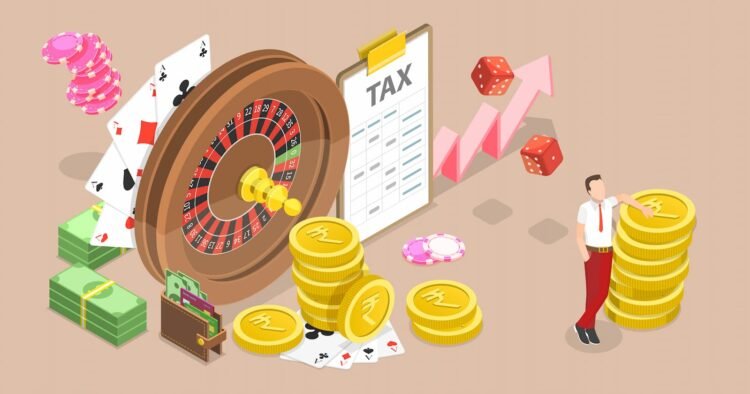There are two types of lotteries in India – online lotteries and offline lotteries.
Lottery systems have been in place in India for many decades, and they continue to be a popular form of gambling across the country. A lottery system is a type of gambling where participants purchase tickets, which contain a series of numbers or symbols. If the numbers on the ticket match the winning numbers drawn at a later date, the ticket holder wins a prize. In India, the lottery system is regulated by state governments. Each state in India has its own lottery system, with its own set of rules and regulations. These lotteries are conducted by state-run organizations and are usually held on a weekly or monthly basis.
The lottery system in India is divided into two categories: online lotteries and offline lotteries. Online lotteries are those that can be played through the internet, while offline lotteries are played through retail stores and ticket counters. In online lotteries you can play satta.
The process of participating in a lottery is relatively simple. A person can buy a ticket from an authorized dealer, either online or offline, and choose a set of numbers or symbols. The price of the ticket varies depending on the state and the type of lottery. The more numbers that match the winning numbers, the higher the prize money.
The prize money for lottery systems in India can range from a few hundred rupees to several crores. The amount of the prize money is determined by the total number of tickets sold and the number of winners. A percentage of the revenue generated by the sale of lottery tickets is allocated to the prize pool.
While the lottery system in India can be an exciting form of entertainment and a way to potentially win large sums of money, it is important to note that it is also a form of gambling. As with any form of gambling, there are risks involved, and it is important to gamble responsibly.
There have been some concerns regarding the lottery system in India. Some people feel that the lottery system is used by the government as a way to generate revenue without addressing underlying issues such as poverty and unemployment. Others feel that the lottery system preys on vulnerable individuals who may be addicted to matka games.
To address some of these concerns, the government has implemented certain regulations on the lottery system in India. For example, the government has imposed limits on the number of tickets that can be sold, and it has also introduced age restrictions to prevent minors from participating in lotteries.
Despite these regulations, there are still some challenges with the lottery system in India. For example, there have been cases of fraud and cheating, where lottery officials have been accused of manipulating the lottery results to favor certain individuals or organizations.
In conclusion, the lottery system in India is a popular form of entertainment and a way for people to potentially win large sums of money. While it is important to gamble responsibly, there are still some concerns regarding the lottery system in India. The government has implemented certain regulations to address these concerns, but they are still as it is and never change.
(Copy Right @ India CSR)






